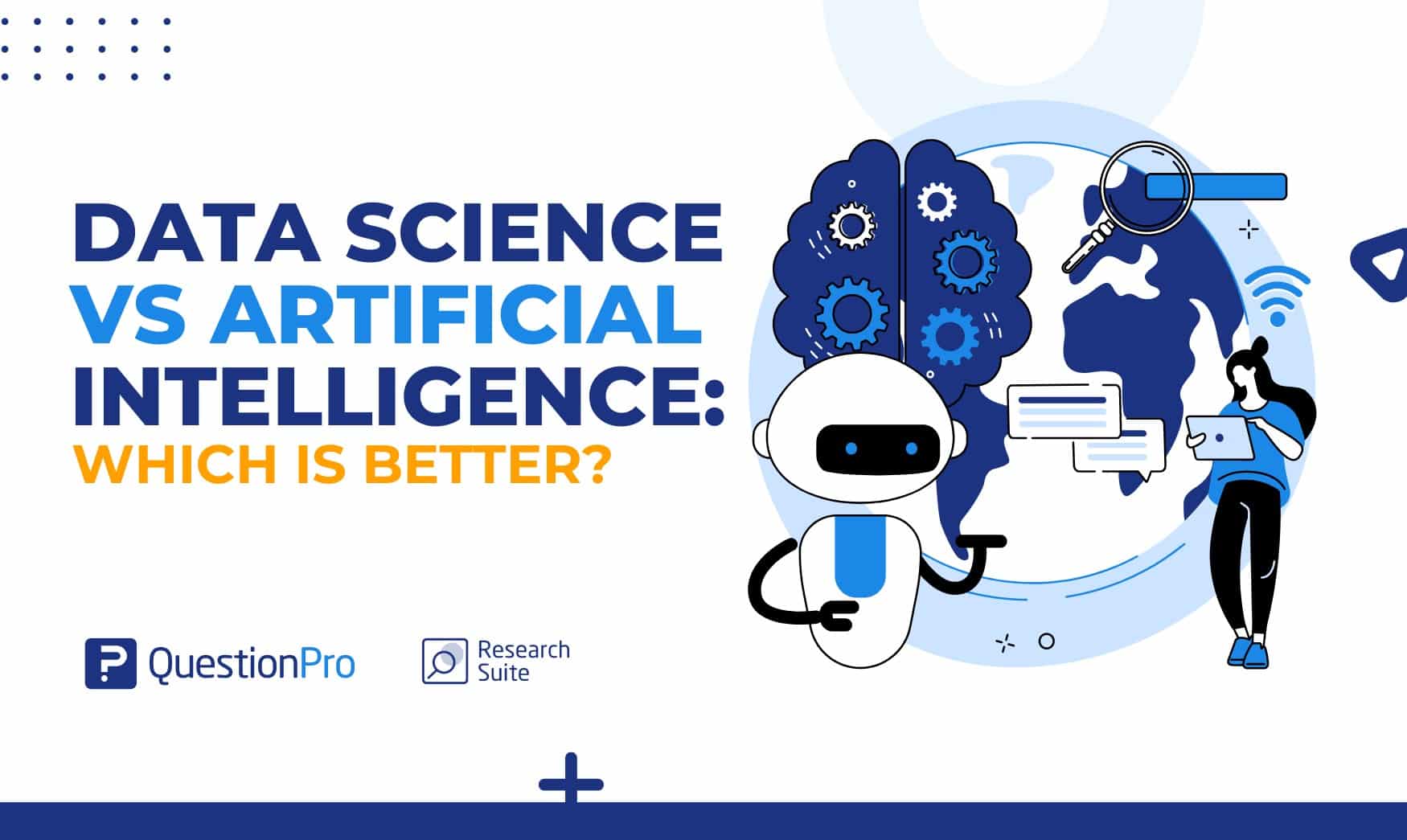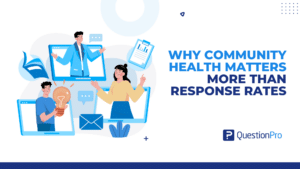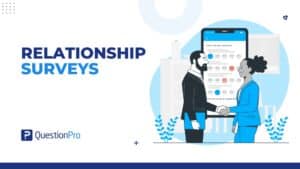
The debate about who wins in the battle of data science vs artificial intelligence (AI) is a common one. However, it’s essential to understand that these two fields are not necessarily in competition but rather complementary to each other. The choice between data science and AI depends on the specific objectives and needs of a project or organization.
Data science primarily focuses on extracting insights and knowledge from data, while AI aims to create intelligent systems that can perform tasks without explicit programming. Therefore, determining which is better depends on the goals and applications.
What is Data Science?
Data science is a multidisciplinary field that encompasses various techniques, processes, algorithms, and systems to extract valuable insights and knowledge from structured and unstructured data. It combines elements of statistics, mathematics, computer science, and domain expertise to analyze large datasets and discover patterns, trends, and actionable information.
Data scientists use a wide range of tools and programming languages like Python, R, and SQL to gather, clean, and analyze data, making it an essential discipline for organizations seeking to make data-driven decisions.
Pros and Cons of Data Science:
- Pros:
- Data-Driven Decision Making: Data science empowers organizations to make informed decisions based on evidence and facts.
- Versatility: It can be applied across various industries, from healthcare to finance, marketing to sports.
- Predictive Analytics: Data science enables forecasting and prediction, helping organizations prepare for the future.
- Improved Efficiency: By automating data analysis, data science reduces manual efforts and increases efficiency.
- Cons:
- Complexity: Data science can be complex and requires a deep understanding of statistics and programming.
- Data Quality: It heavily relies on data quality, and inaccuracies in data can lead to erroneous insights.
- Resource-Intensive: Data science projects may require substantial computational resources and time.
- Privacy Concerns: Handling sensitive data raises privacy and security issues that must be addressed.
What is Artificial Intelligence?
Artificial Intelligence (AI) is a broader concept that aims to create intelligent machines capable of performing tasks that typically require human intelligence. These tasks include learning, reasoning, problem-solving, perception, language understanding, and decision-making. AI systems are designed to mimic human cognitive functions, and they can operate autonomously. Machine learning, a subset of AI, plays a significant role in building intelligent systems by training algorithms on large datasets to recognize patterns and make predictions or decisions.
Pros and Cons of Artificial Intelligence:
- Pros:
- Automation: AI systems can automate repetitive tasks, reducing human effort and errors.
- Scalability: AI models can scale to handle vast amounts of data and perform complex computations.
- Speed and Efficiency: AI systems can process and analyze data much faster than humans.
- Continuous Learning: Machine learning models can improve and adapt with more data, enhancing accuracy.
- Cons:
- Lack of Understanding: Deep learning models can be challenging to interpret, leading to “black box” decision-making.
- Data Dependency: AI models rely heavily on data quality and quantity, leading to bias if data is not representative.
- Initial Cost: Developing and implementing AI systems can be expensive.
- Ethical Concerns: AI can raise ethical issues related to privacy, bias, and job displacement.
Data Science vs Artificial Intelligence: Similarities
While data science and AI have distinct focuses, they share several similarities. Three of the most important ones are the following:
- Data Utilization: Both fields rely on data as their core resource, although their purposes differ.
- Machine Learning: Machine learning is a common technique used in both data science and AI to analyze data and make predictions.
- Problem-Solving: Both aim to solve real-world problems, whether it’s optimizing business operations or enabling autonomous vehicles.
Data Science vs Artificial Intelligence: Differences
Here’s a concise comparison of the key differences between data science and artificial intelligence:
| Aspect | Data Science | Artificial Intelligence |
|---|---|---|
| Objective | Extract insights and knowledge from data | Create intelligent systems |
| Focus | Analysis, data preparation, visualization | Learning, reasoning, decision-making |
| Applications | Data-driven decisions, analytics, reporting | Autonomous systems, robotics, chatbots |
| Tools/Languages | Python, R, SQL, Tableau, Excel | TensorFlow, PyTorch, Keras, NLTK |
| Methods | Statistical analysis, data mining, clustering | Machine learning, neural networks, NLP |
| Examples | Customer segmentation, sales forecasting | Self-driving cars, virtual assistants |
| Role | Informs decisions | Makes autonomous decisions |
Conclusion
In conclusion, the choice between data science and artificial intelligence depends on the specific needs and objectives of a project or organization. Data science is instrumental in extracting insights from data and enabling data-driven decision-making. In contrast, artificial intelligence focuses on creating intelligent systems that can perform tasks autonomously.
The two fields often overlap, with machine learning being a common thread. Organizations must assess their goals and resources to determine which approach, or a combination of both, best suits their requirements. Ultimately, the synergy between data science and AI can empower organizations to harness the full potential of data for innovation and growth.
Ready to supercharge your research and make data-driven decisions? Unlock the full potential of your insights with QuestionPro’s Research Suite. Get started today and discover a smarter way to gather, analyze, and act on data.







